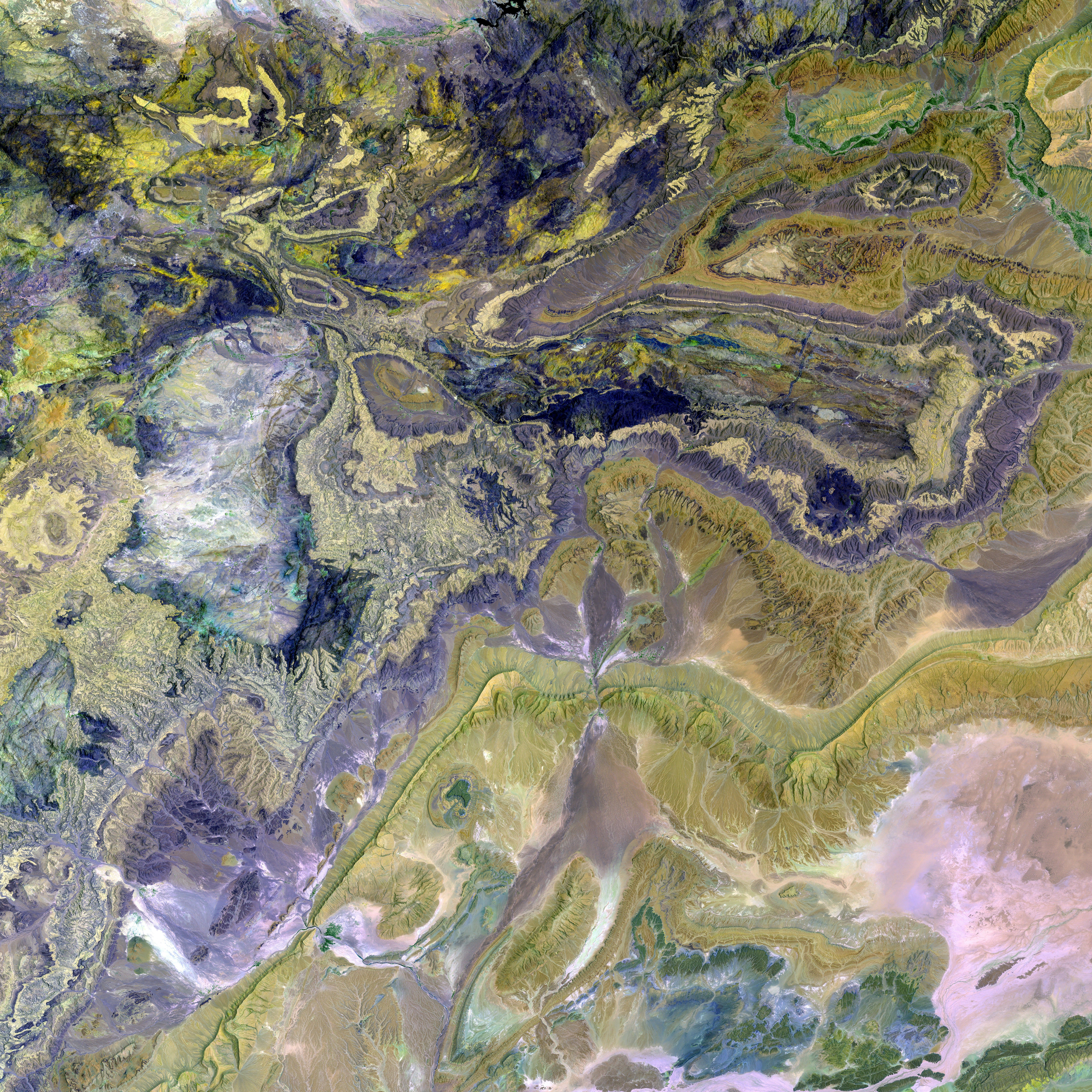Turmoil in Turkey: The Arrest of Istanbul Mayor Ekrem Imamoglu Sparks Protests and Political Unrest
Erdogan issues caution: Largely ongoing protests persist
In the heart of Turkey, a storm is brewing. The arrest of Istanbul Mayor Ekrem Imamoglu, a nominee for the presidential election against President Recep Tayyip Erdogan, has sparked massive protests and political upheaval across the country.
Erdogan, not one to back down, has issued stern warnings to Imamoglu's supporters, referring to the weekend rallies as "disturbances of public order." He added, "We will not tolerate terrorism, vandalism, or street action to defend theft, looting, illegality, and fraud."
Determined to make their voices heard, citizens across Istanbul, Ankara, and other cities have taken to the streets in demonstrations reminiscent of the largest opposition protests Turkey has seen in over a decade. Despite a multi-day demonstration ban, hundreds of thousands have come together in solidarity with Imamoglu and in defense of democracy.
Clashes between protesters and police have been reported, with pepper spray, water cannons, flares, stones, and tear gas being used to disperse the crowds. In a speech, CHP chairman Ozgur Ozel estimated around 300,000 people rallying in Istanbul alone. "This isn't a CHP demonstration; these people come from all parties," he stated.
Erdogan, Imamoglu's main political opponent, has accused the CHP of inciting "street terrorism." Some believe Erdogan seeks to wield the judiciary as a weapon against Imamoglu, according to the CHP chairman.
The arrest of Imamoglu on charges of corruption and running a criminal organization has been met with accusations of political motivations by the opposition. The arrest came after a raid on Imamoglu's home, which also resulted in the detention of over a hundred others, including employees, MPs, and CHP members. However, Erdogan's stance in the judicial proceedings is believed to play a role in the judiciary's decisions by many observers.
The situation could reach a boiling point this weekend if Imamoglu's formal arrest is ordered after the deadline for remand in custody expires. Imamoglu, ahead of Erdogan in some polls, is the main political rival Erdogan is facing, and his arrest marks one of the latest high points in a months-long legal campaign against opposition figures, criticized as an attempt to weaken their electoral chances and silence dissenting voices.
In the face of international criticism, opponents call the arrest a "coup," with protests reported in at least 40 of Turkey's 81 provinces. The Council of Europe and the German government have expressed concerns, describing the arrest as "a serious setback for democracy." Furthermore, Imamoglu's educational qualifications have come under scrutiny, as Istanbul University nullified his diploma, which may potentially impact his eligibility for the presidency if upheld.
As Turkey's political landscape shifts, the impact on domestic politics, international relations, and the future presidential election remains uncertain. One thing is clear: the arrest of Ekrem Imamoglu has shaken Turkey's political establishment and ignited a spark in the hearts of its citizens.
The community and employment policies of Turkey may find themselves facing challenging times ahead, given the recent political unrest. President Recep Tayyip Erdogan, while dealing with demonstrations and calls for transparency, has maintained a hard stance, warning against terrorism and illegal activities during the ongoing protests. Moreover, the arrest of Ekrem Imamoglu, a presidential nominee, has led to added concern about the potential influence of politics on employment as well as the broader community, with the future of Istanbul's mayor potentially impacting hundreds of employees, MPs, and CHP members who were also detained during the raid on Imamoglu's home.







